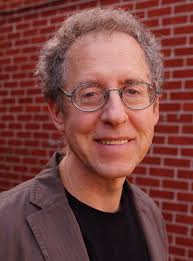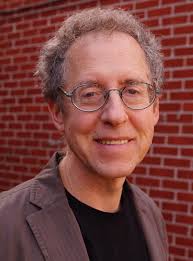
York professor Richard Wellen recently published a paper entitled “Open Access, Megajournals, and MOOCs: On the Political Economy of Academic Unbundling” in SAGE Open arguing for the importance of open access to scholarly journals.
Wellen’s paper was published during Open Access Week, a week dedicated to making information more open and freely available to the general public while taking commercialization away from the publishing industry.
While open access goes against the economics of publishing, Wellen’s research argues open access is not just about freedom and democratizing access to knowledge, but also about making information more productive.
Wellen claims national governments are interested in the issue, as they want to increase the productivity of their investments in research by making it easier for people to use ideas created with public support.
“Open access can increase the impact of research,” says Wellen.
He adds that after 15 years of advocates promoting the benefits of open access, national governments are realizing open access research and publishing can improve the economy, and society.
“The government pays for a lot of research, especially university-based research,” says Wellen. “Why lock it up behind ‘pay walls’ when the public has already paid for its creation? That is one of the fundamental principles of the open access movement.”
Wellen also suggests York and universities in general are in favour of improving access to information for students and scholarly research. One way to make this happen would be to establish an open access mandate for all scholars.
“I would think York is in favour of the least restrictive access to information possible for students,” says Wellen. “Any institution would like open access to a scholar’s work, as long as it doesn’t diminish the value of that work.”
Wellen suggests the current perception of open access journals for scholars is that work published in them will not receive the same attention as it would in a more prestigious journal, but also that making scholarly journals free to the public would significantly reduce financial barriers for students.
Third-year sociology student Jamal Campbell is against the idea of open access journals.
“Even if the general public had access, I don’t believe they would be using it,” Campbell says. “The people in university only use it when we need it, and most of the time that is when we are writing a paper. On an everyday basis, when would we need access to scholarly readings?”
Steven Czikk, a third-year film production student at York says open access journals would benefit the greater good.
“If it’s available to people, it’s just one more resource they have to draw from, and I don’t think that is ever a bad thing,” says Czikk. “I don’t necessarily know that opening the flood gate would have people flocking to these research papers. But I do think having those things available could lead to greater change.”
Michael Burton
Executive Editor (Online)




